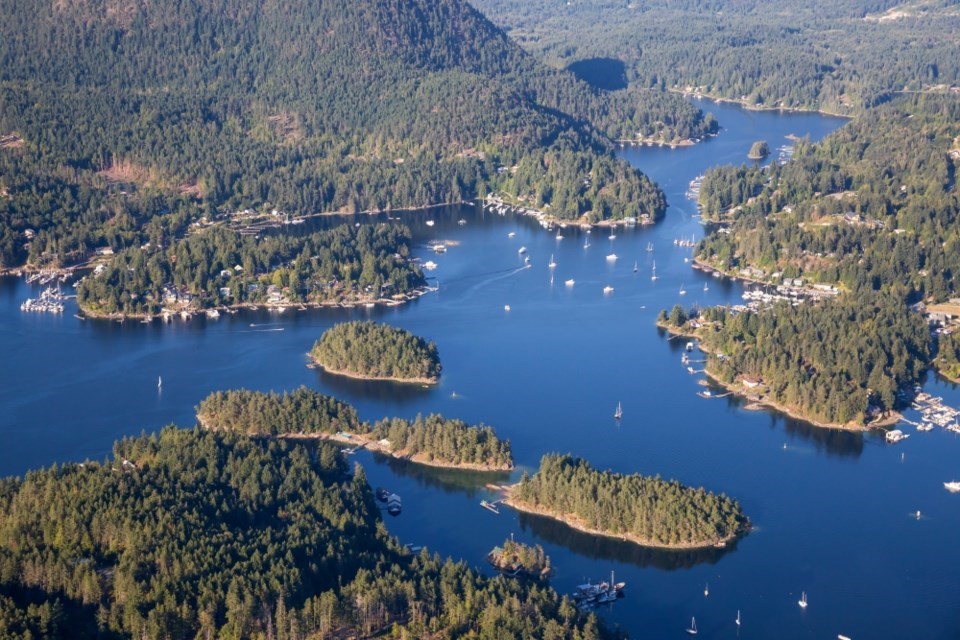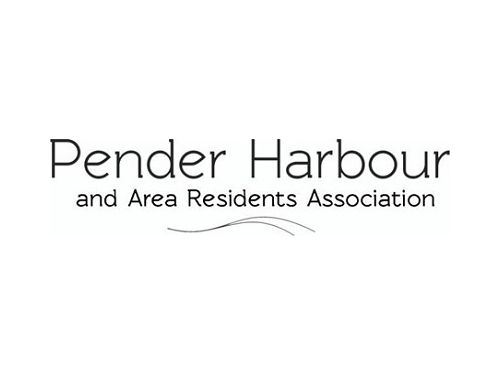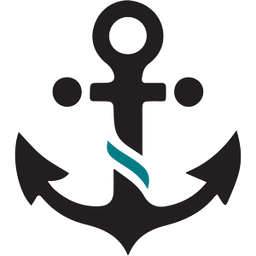The WPC has continued to participate in DMPAG meetings over the past month. The amount of work and dedication from our team has been immense. A huge thank you to everyone who has supported us with their donations, expertise and time so far. We've been busy drafting our recommendations and presenting them to the DMPAG group for discussion.
Some members of our Science Committee took some time to analyze the roughly 1,700 comments using ChatGPT AI. The ChatGPT analysis further highlighted and echoed the concerns we have heard from our members. Given the similarities, these recommendations were also provided to the DMPAG for review.
Please find the full analysis here, which includes a comparison of the "What We Heard Report" to all the comments previously released by the government.
ChatGPT AI Recommendations (partial excerpt):
- Grandfather Existing Structures:
Allow existing docks, boathouses, and other structures to remain as they are, exempting them from new regulations, and only apply new regulations to new constructions or significant renovations. - Separate Regulations for Freshwater and Saltwater Bodies:
Develop separate regulations for freshwater lakes and ocean shorelines, recognizing the unique environmental and practical differences between these bodies of water - Conduct Detailed Impact Assessments:
Perform comprehensive economic, environmental, and social impact assessments before implementing new regulations, considering the potential financial burden on residents and the local economy. - Provide Financial Assistance:
Offer financial assistance or compensation for property owners who need to make modifications to comply with new regulations, particularly for those on fixed incomes. - Allow for Larger Dock Sizes:
Reconsider the maximum dock size limit to accommodate larger vessels and ensure safety and functionality for boat owners. - Improve Environmental Studies:
Ensure that all environmental regulations are based on robust scientific evidence and consider the actual impact of docks and boathouses on the local ecosystem. - Enhance Stakeholder Engagement:
Engage with all affected stakeholders, including residents, property owners, and local businesses, to collaboratively develop and refine the DMP. - Transparency in Decision Making:
Make all supporting studies, reports, and data used to justify the DMP publicly available and transparent. - Consider Economic Impact:
Evaluate and mitigate the economic impact of the DMP on local businesses, tourism, and property values. - Address Sewage and Derelict Boats Issues:
Efforts should be made to deal with sewage from old septic systems and recreational boaters who dump sewage into Pender Harbour, as these issues are more harmful than docks. - Provide Representation for Residents:
Pender Harbour residents need an agent or representative, funded by (but independent of) the government, to defend their interests when policies like the DMP are being formulated. - Flexible Zoning Regulations:
Rather than an outright prohibition on new dock tenures in certain zones, each application should be assessed on its own merits, including environmental and archeological factors. - Community Involvement in Environmental Clean-Up:
Involve the local community in the assessment and clean-up of the harbours and seafront areas to address historical pollution and debris.
If you have any questions about our AI analysis, we recommend you ask ChatGPT.
Latest News:








